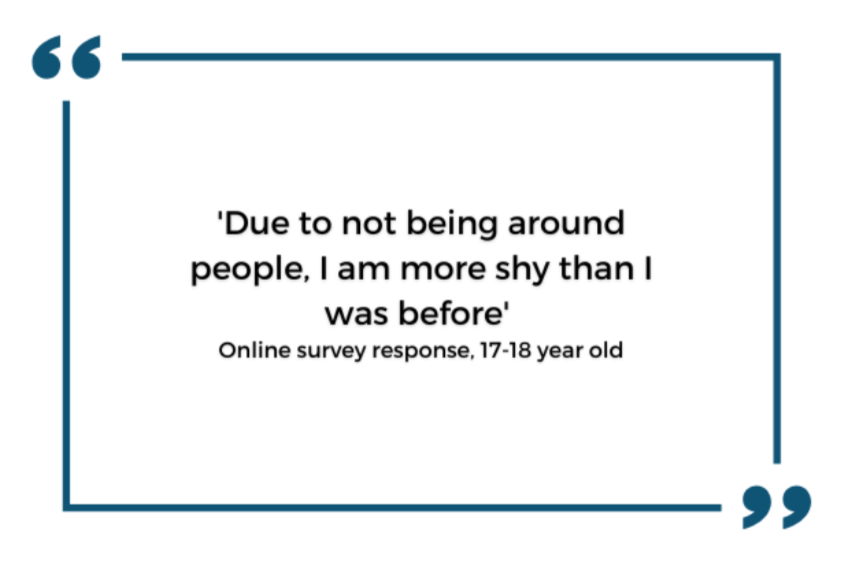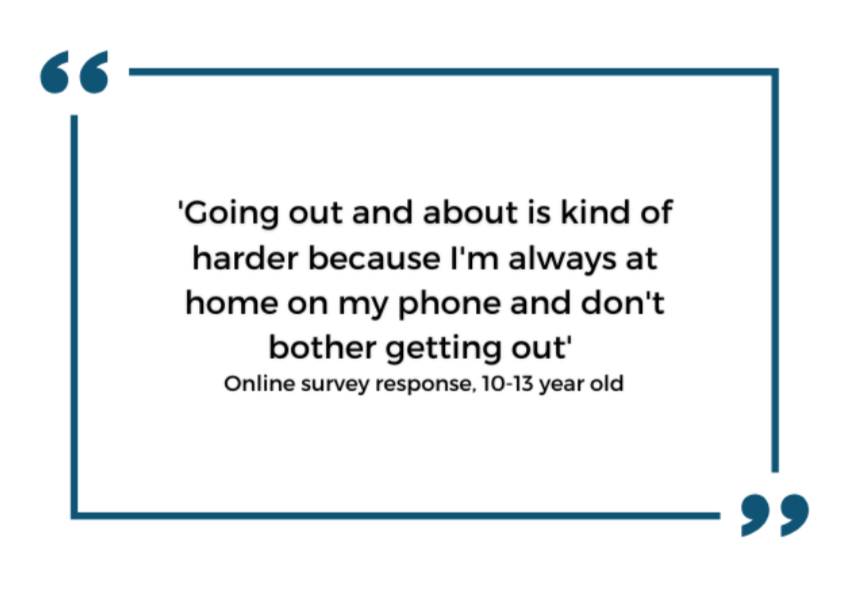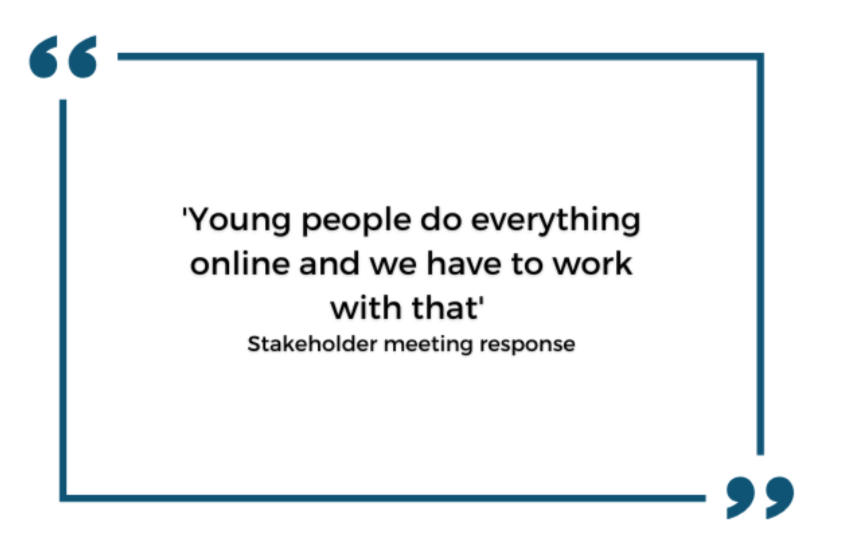


Jersey children as young as 10 are conscious they are spending too much time online, according to a new report which also raises concerns around the rise of ‘sharenting’.
The Government's 'Children and the Digital World' research, which was commissioned by the Chief Minister to examine the extent to which children's experiences during the covid-19 period, collected responses from children and young people aged 10-18 years.
While the positives of using technology for education and connecting with family and friends were noted, many children used words such as ‘addiction’ and ‘anxiety’ when referring to their use of devices and apps along with expressing a desire for this to change.
An online survey response from a child in the 10-13 years bracket said: “I would like to be able to manage the time I spend online more easily, without feeling addicted to going on social media.”

In addition to children and young people, the report also worked with parents and education practitioners to capture the views and experiences of those that play a role in children’s digital engagement.
The report found that screen time had generally increased since covid-19 and, in many cases, usage had not reduced to pre-pandemic levels.
Some children and young people said that they are still struggling with motivation to return to pre-pandemic routines and hobbies, with the report also recording a decline in social skills important to engagement in the non-digital physical world including eye contact and confidence in face-to-face situations.
The ‘Children and the Digital World’ report also raised concerns with the way in which parents/carers and educators use technology and the impact of this on children.
One of the key themes of the report was digital footprints, which led to concerns over the rise of “sharenting” (parents/carers oversharing information about their children online).
The report noted that in 2018 it was found that parents in England had posted more than 1,300 photos and videos of their child to social media by the time they were 13 - a statistic the report said is likely to be similar in Jersey.

As well as making children feel uncomfortable, 'sharenting' also raises issues with children’s rights surrounding privacy and data protection, the report said.
The report concluded with several recommendations, including establishing a common set of citizenship skills which are applicable to both the digital and non-digital world, which can be delivered as part of the curriculum in an age-appropriate way from early years.
This included plans to continue blended (digital and non-digital) approaches to education and well-being services are continued, ensuring that education practitioners have a high level of digital skills and access to up-to-date IT resources.
There were also plans to strengthen published guidance on the Government of Jersey’s website about the monitoring and control of children’s device use.

This is in order to ensure that parents and carers are educated about screen-time guidance, the impact of device use on sleep, recognising the warning signs of addiction and anxiety linked to device use, recognising cyberbullying, and finding non-digital alternatives.
Chair of the Project Steering Group Deputy Judy Martin commented: “The aim of this project was to ‘harness the good and limit the harm’ moving out of the pandemic, and while covid-19 remains with us, this work was well timed to help us move forward by understanding the positives that have come from so many aspects of children’s lives being forced online and identifying those areas that we need to address to protect children and demonstrate our commitment to ‘putting children first’.
“While the fieldwork collected saddening responses from children that referred to addiction and anxiety associated with their use of digital devices, there were also inspiring comments showing children self-imposing restrictions and the increase in many digital skills.”
The full report can be read online here.
Comments
Comments on this story express the views of the commentator only, not Bailiwick Publishing. We are unable to guarantee the accuracy of any of those comments.